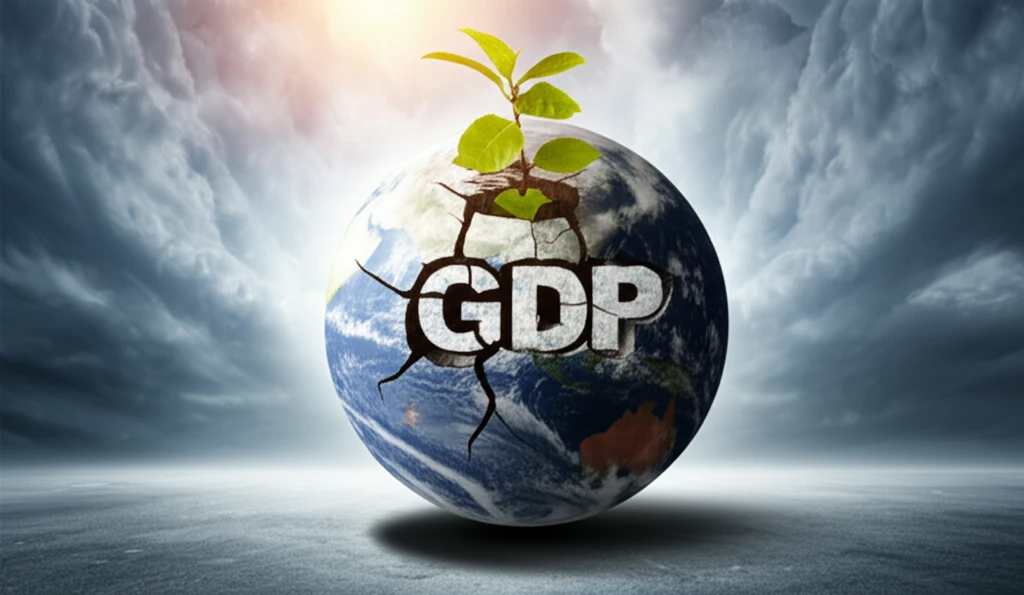
Beyond GDP: Why We Need New Ways to Measure Progress and Well-being
"Rethinking societal advancement in the 21st century: Moving beyond economic indicators to embrace sustainability and happiness."
In today's world, it's common to hear leaders and experts talk about the importance of 'sustainable development.' But what does that really mean, and how do we know if we're actually achieving it? For many years, progress has been measured almost entirely by economic growth, using figures like Gross Domestic Product (GDP).
However, relying only on GDP to measure how well a country is doing has been questioned for a long time. This is because GDP doesn't take into account important things like people's happiness, their well-being, or the health of the environment. Focusing solely on economic indicators can give us a distorted view of progress.
This article will explore why we need to look beyond GDP. We'll examine alternative ways to measure progress that consider quality of life, environmental sustainability, and economic development together. By adopting a more comprehensive approach, we can better understand how societies are truly progressing and work towards a more sustainable future.
The Problem with GDP: Why Economic Growth Isn't Everything

GDP, or Gross Domestic Product, measures the total value of goods and services produced in a country during a specific period. While it's a widely used indicator, it has significant limitations when it comes to assessing societal well-being and sustainable progress.
- Ignores social well-being: GDP doesn't reflect factors like happiness, health, education, social connections, and overall quality of life.
- Disregards environmental impact: GDP treats resource depletion and pollution as economic gains, failing to account for the long-term environmental consequences of economic activities.
- Hides inequality: GDP doesn't reveal how wealth is distributed within a society. A high GDP can mask significant income disparities and social inequalities.
- Treats all economic activity as positive: GDP counts both beneficial and harmful activities (like cleaning up pollution or repairing damages from accidents) as positive contributions.
A Call for Change: Embracing a More Holistic View of Progress
It's time to move beyond GDP and adopt a more comprehensive approach to measuring progress. By incorporating indicators of social well-being, environmental sustainability, and economic development, we can gain a more accurate understanding of how societies are truly progressing. This shift in perspective is essential for creating policies that promote a more sustainable, equitable, and fulfilling future for all.
